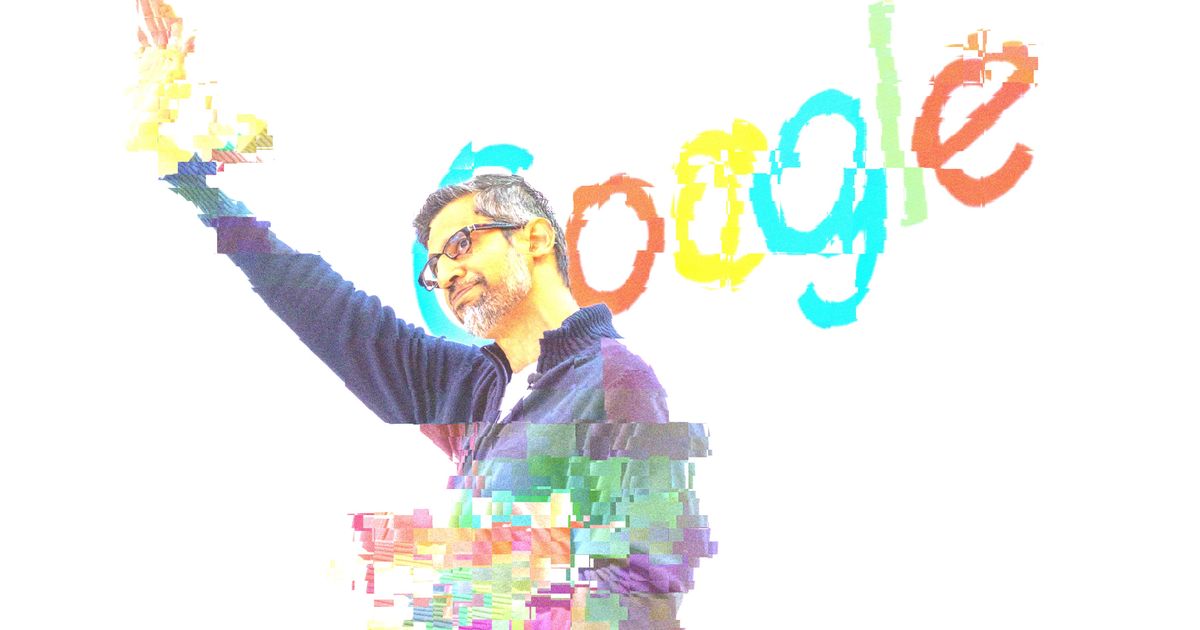#information-access
#information-access
[ follow ]
fromThe Atlantic
4 months agoAmerica's Unilateral Disarmament in the Censorship War
Every day, some 2 billion people around the world use privacy-protection tools supported by the Open Technology Fund. When people in China escape their government's firewalls and censorship software-now so dense that the system has been called the "locknet"-or when users in Cuba or Myanmar evade cruder internet blocks, they can access material written in their own languages and read stories they would otherwise never see.
Privacy technologies
fromBuzzFeed
8 months agoOlder People Are Sharing With A 22-Year-Old What Life Was Like Before 9/11
One major difference that is tough to even remember, let alone to describe to someone who didn't live through it, was how parochial information was back then. Take any obscure factoid, for example: What happened downtown this afternoon? Where was a certain rock star born? Who was the goaltender on the 1980 Swedish Olympic team? Today, you can call it up in a matter of seconds; back then, you had to either have the knowledge, have someone who did, or have access to people or resources that did. Otherwise, you shrugged and went on with your day. There was no falling down Wikipedia rabbit holes.
Television
[ Load more ]
